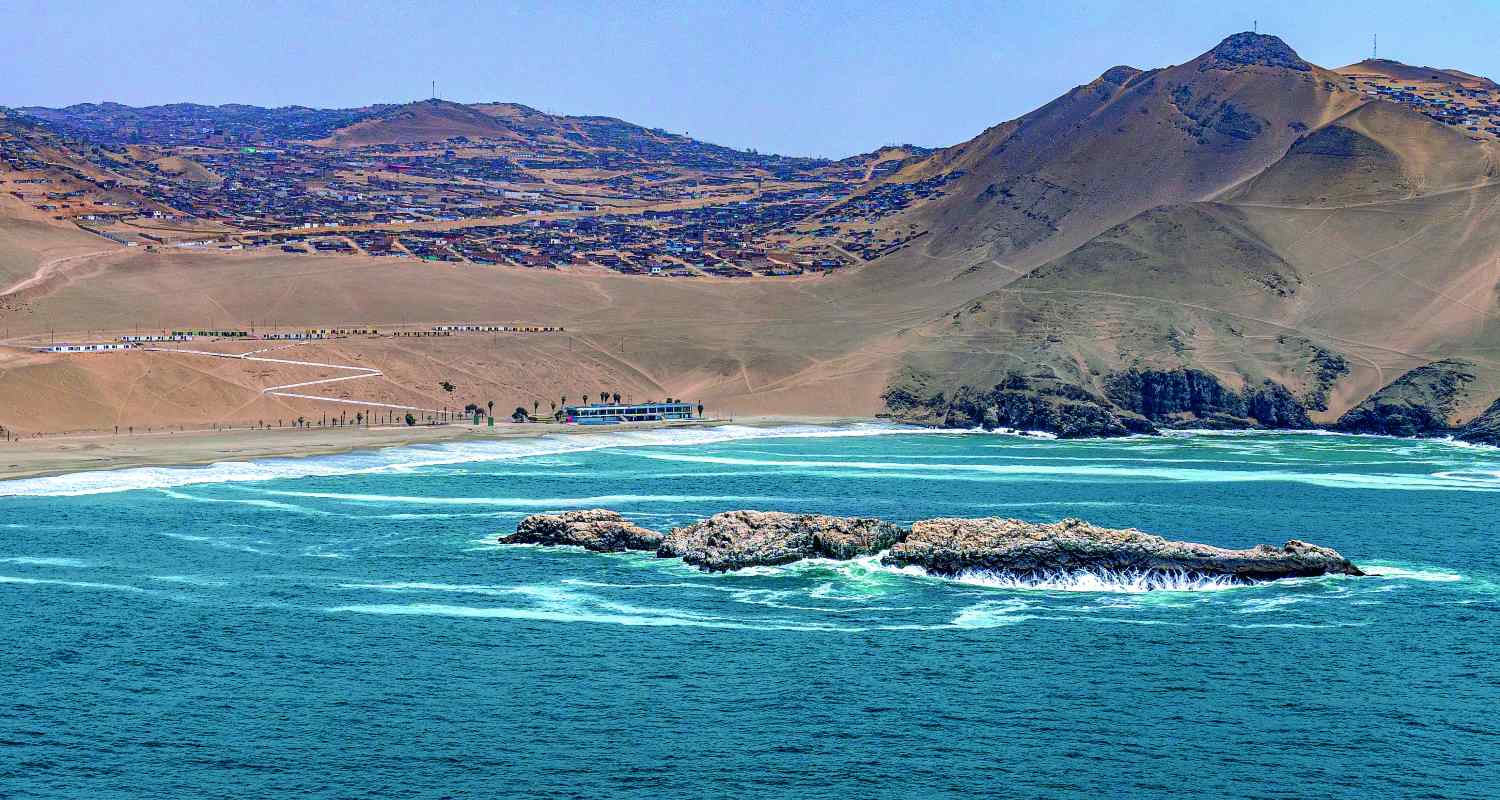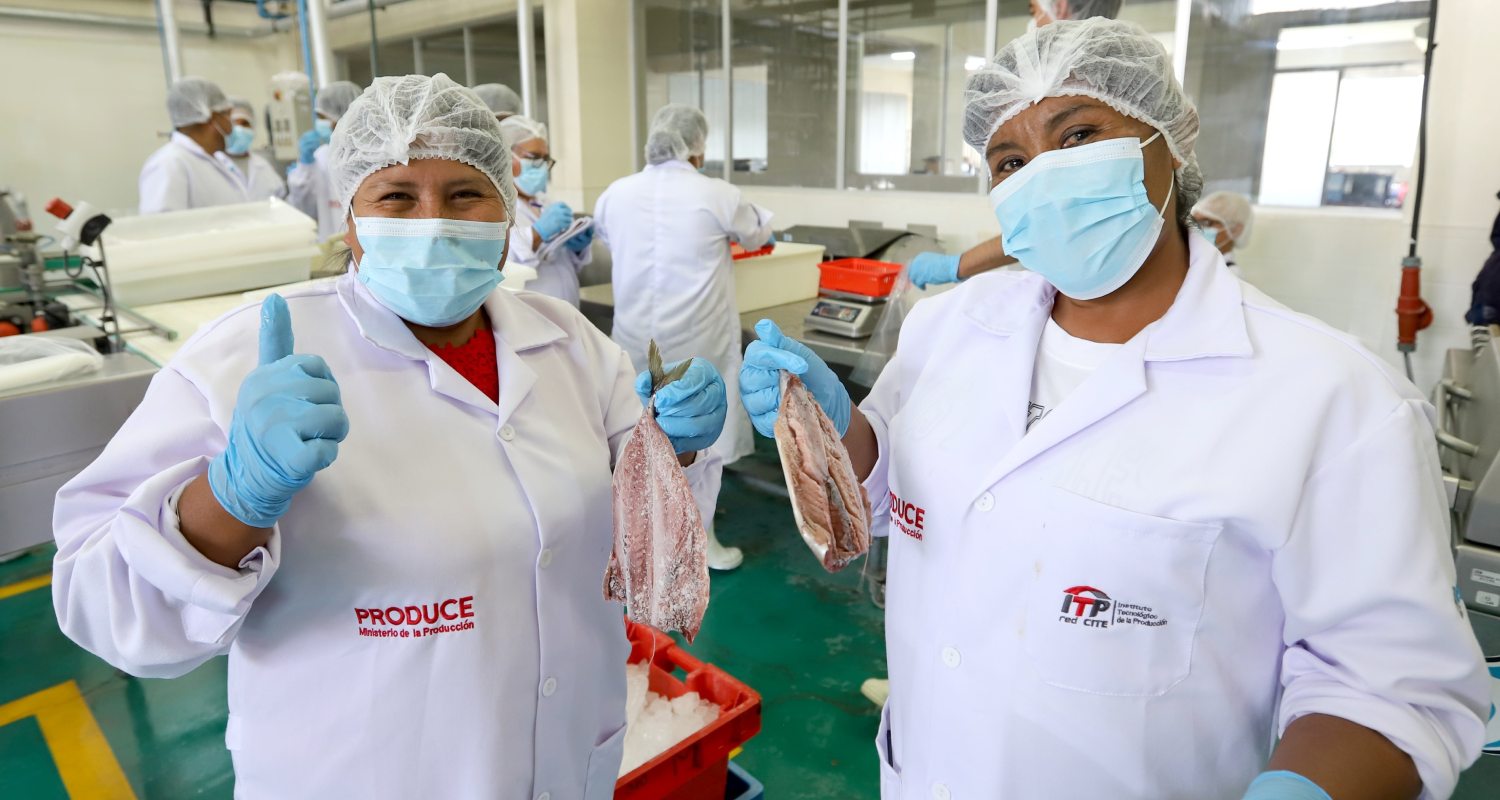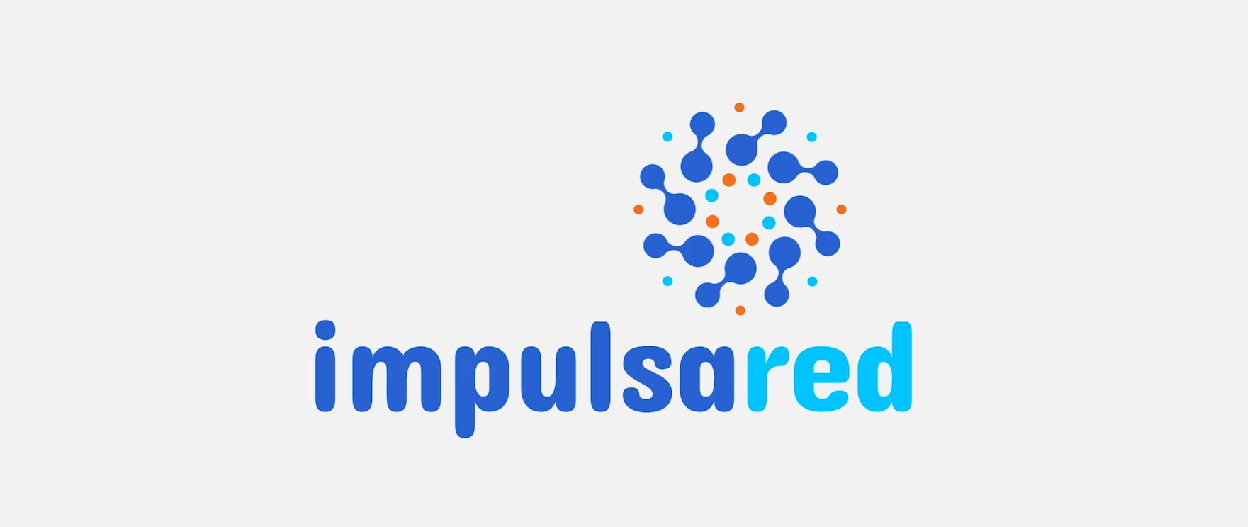La Pampilla Social Action Plan
On January 15, 2022, an uncontrolled movement of the Mare Doricum tanker during unloading was the cause of an oil spill that affected the coastline of five districts north of the La Pampilla Refinery.
As part of an immediate response to the accident, in parallel with the environmental remediation and cleanup efforts, we designed an action plan to remediate the negative impacts on the communities due to the spill. The social action plan was designed in compliance with our human rights and community relations policy and in alignment with the United Nations Guiding Principles on Business and Human Rights and the highest international standards on human rights due diligence.
At senior management level, the public report on the Peru spill elaborated by the United Nations Environmental Emergencies Unit, dated February 18, 2022, was reviewed by the company's Sustainability Committee in order to get to know and steer the objectives and guidelines to be followed regarding both the environmental remediation and the Social Action Plan of the La Pampilla Refinery.
The Social Action Plan is divided into 3 phases: emergency phase, remediation phase, and development phase.

In total, 4,700 people benefited from 10,400 vouchers/payment cards delivered during the emergency phase
Emergency phase
- Initial identification of people affected.
- Emergency aid: Five days after the spill, the first vouchers/cards were delivered to pay for basic necessities and services such as electricity and water.
- Payment method agreed upon with the fishermen and merchant associations.
Individual settlements have been reached for 98% of the lost profits (with over 10,000 people receiving the full amount of their compensation)
Remediation phase
- A Human Rights Impact Study was prepared by renowned independent experts. It revealed that 80% of the population in the affected areas hold informal jobs.
- An agreement was reached between Repsol and the Government of Peru on March 4, 2022, in which the company committed to providing advance compensations to the people registered in the Single Registry of Affected People (PUA) prepared by INDECI.
- Compensation advances for people from the affected areas were signed.
- A voluntary, transparent, and mutually agreed-upon negotiation process was designed and implemented for the compensation. The company facilitated people's access to the negotiation and compensation process, providing a dedicated space to receive up to 200 people at the La Pampilla Refinery and deploying the team to the various districts for negotiation process meetings.

The objective of Impulsared for 2024 is the creation of 45 new companies, benefiting more than 900 people directly, and indirectly more than 8,600
Development phase
In progress
A study was carried out in collaboration with the affected communities, associations, social entities, and national and international organizations, as well as the relevant authorities, to identify the needs of the affected people, through workshops and meetings held in the five districts. As a result, the main lines of action of Impulsared were identified, leading to the creation of a program for the social and economic reactivation of the area affected by the spill. This program was developed in collaboration with and sponsored by Repsol.
- Impulsared is a comprehensive Repsol program that promotes training of technical, business, and innovative skills along with sustainable development in Ventanilla, Santa Rosa, Ancón, Aucallama, and Chancay.
- Objectives: Promote social transformation and socioeconomic development through technical training and subsequent business creation.
- It is expected that 70% of the beneficiaries will be women.
- Lines of action: Fishing, commerce, and trade; well-being and nutrition; environment and circular economy; sustainable tourism.
- Seed capital is provided to launch the ventures and support is offered to new companies during their first year.
- Strategic partnerships: Fundación Pachacútec, CETPRO Ventanilla, CETPRO Chancay, CITE Pesquero Callao, Banco de Alimentos Perú, CcoriCocina Optima, among others.
- The program is implemented through the international human rights consulting firm Akuaipa.
- Impulsared will improve the lives of both the participants and their communities, by not only providing technical training, but also encouraging the creation of businesses that generate sustainable income over time.

Impulsared, a program developed in Peru and created in collaboration with Repsol
Impulsared, a program developed in Peru and created in collaboration with Repsol
Impulsared communication channels
Impulsared communication channels
Communication channels with affected persons
In parallel with the launch of the Social Action Plan, communication channels were set up to ensure that any affected person can contact the company to voice their claim, without fear of retaliation and with a commitment to protect their personal data.
The following essential communication channels were identified and launched:
- Social media
- A form on the website compromisorepsol.pe
- Ongoing telephone assistance
- WhatsApp with our community liaisons
Those who could not access any of these channels, had the option of submitting their claims:
- At the Mesa de Partes at the La Pampilla Refinery
- Through our community liaisons working in the different affected districts
The communication channels provided were available throughout the process, without implying at any time any limitations on the exercise of the right, recognized by the Peruvian legal system, to appeal to the appropriate judicial or extrajudicial channels to file claims. Consequently, those who deemed it necessary to seek remedy through the courts were able to do so freely and without any restrictions.

